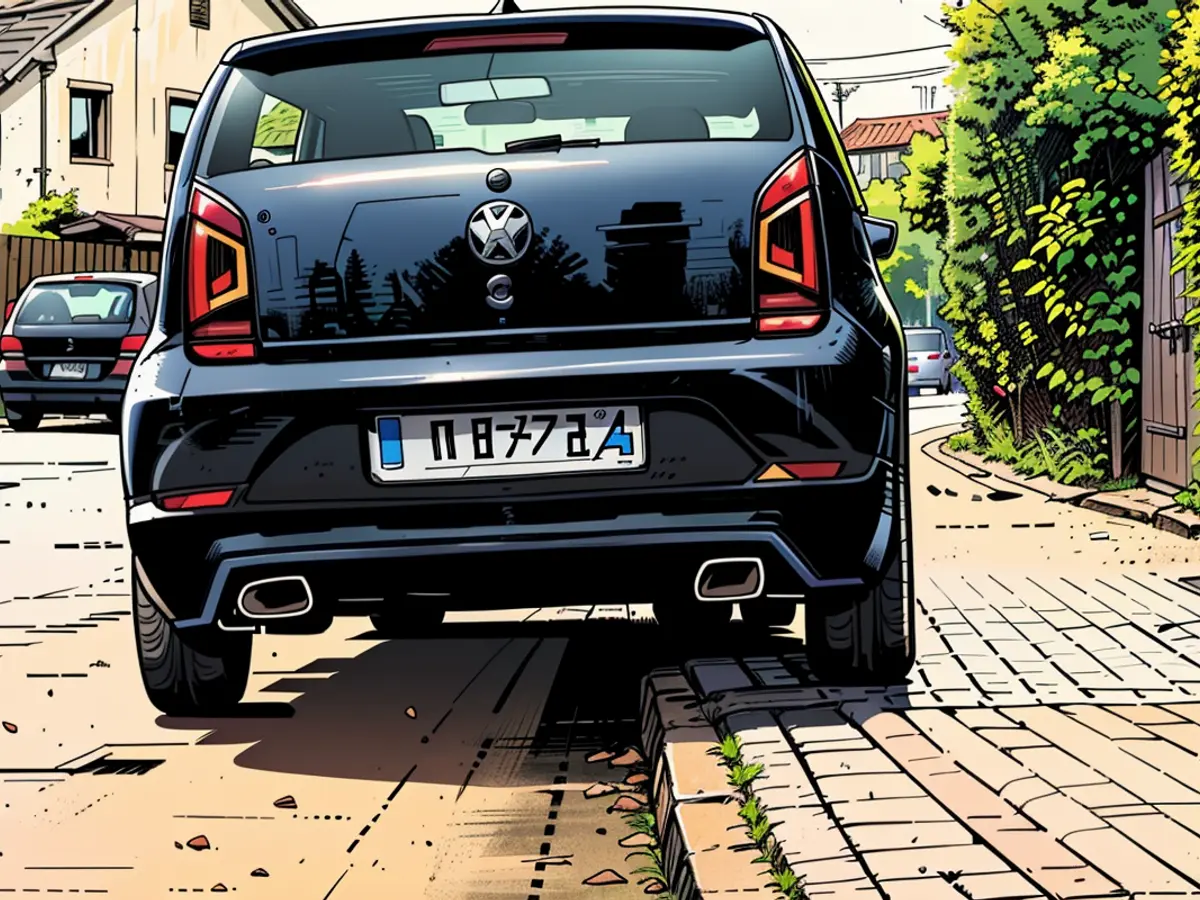The Federal Administrative Court rules on legal disputes related to federal agencies and officials. - Municipalities' organization applauds verdict regarding walkway parking.
The German Society for Cities and Towns (DStGB) praised the Federal Administrative Court's verdict that allows residents to initiate actions against vehicles parked on curbs. They believe it provides a clear legal framework for road authorities, local administrative bodies, residents, and motorists, according to a statement on Friday.
In a decision made on Thursday, the Federal Administrative Court in Leipzig ruled that under specific conditions, residents can petition road control authorities to take action against automobiles parked on sidewalks. This reflects the necessity for residents' use of the sidewalk in front of their own entrance to be severely limited. Thus, their claim is area-specific only.
The DStGB is requesting a revised legal system to empower municipalities in managing public spaces. While acknowledging the need for car parking spaces, they also advocate for promoting alternative forms of transportation such as cyclists, pedestrians, and public transport. "Changing laws in the Road Traffic Act would enable cities more flexibility," the association stated.
Five homeowners in Bremen sued the city over the commonly debated issue known as "elevated parking." They objected to vehicles parked with two wheels on the sidewalk, an issue that had been discussed for years in Bremen. Despite such parking not having official authorization, it is prevalent in various German municipalities, including Bremen, with authorities turning a blind eye.
In 2021, the Bremen Administrative Court ruled that plaintiffs could request action from road control authorities. The authority could then select its course of action. The Bremen Higher Administrative Court affirmed this in 2022, but reduced the authority's autonomy, obliging them to take some measure, albeit not completely inactive. The Federal Administrative Court has now affirmed the Bremen Higher Administrative Court's ruling.
Read also:
- The impact of the Federal Administrative Court's decision on sidewalk parking has sparked interest in Saxony, as residents might seek to apply the same principles in their cities.
- The Association of Municipalities in Berlin has expressed its support for the DStGB's push for a revised legal system, aiming to enhance municipalities' control over public spaces.
- Traffic in Germany might see changes due to the court's rulings, as more municipalities could implement stricter regulations against vehicles parked on sidewalks.
- The city of Bremen, along with other German municipalities that face the issue of 'elevated parking,' might consider appealing to their respective administrative courts to address this issue effectively.
- The recent rulings from the Federal Administrative Court in Leipzig and Bremen Higher Administrative Court could set a precedent for similar cases in other parts of Germany, potentially leading to a nationwide shift in traffic management policies.








